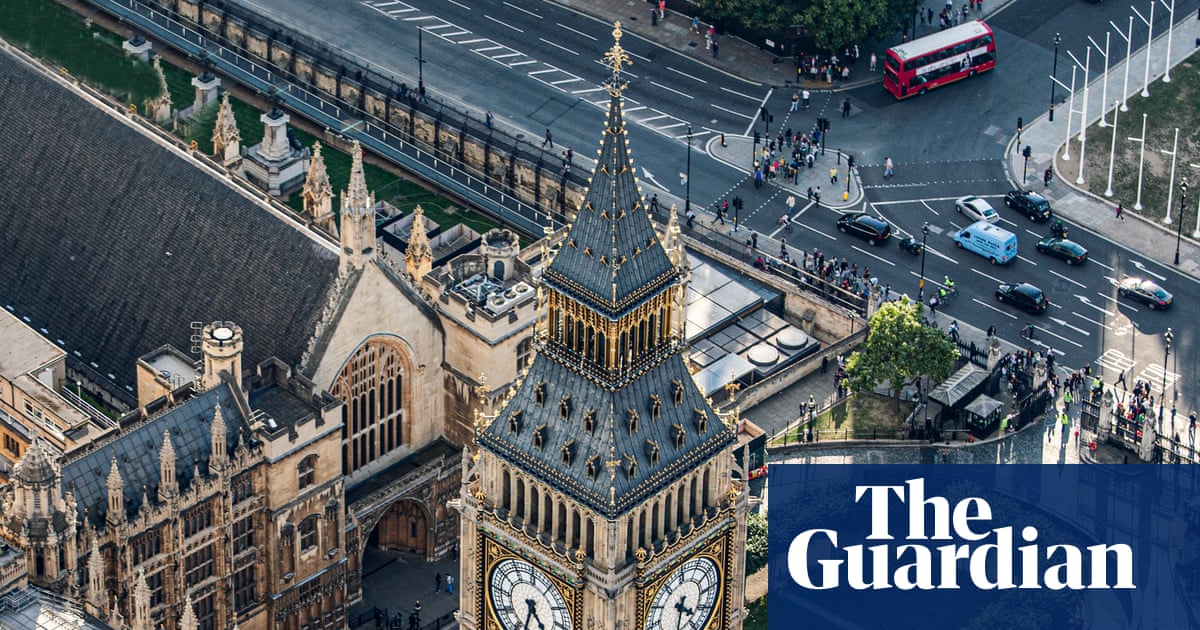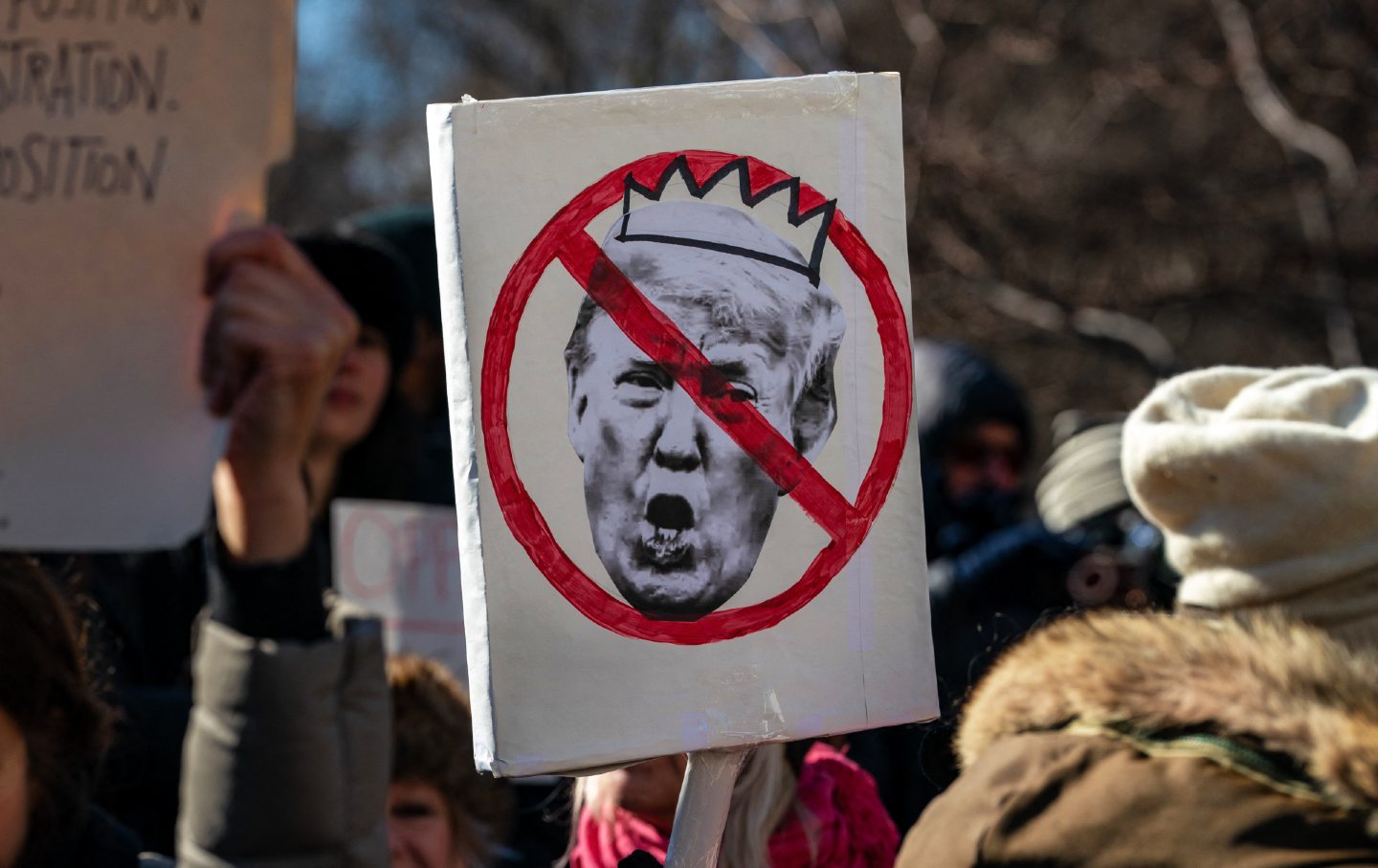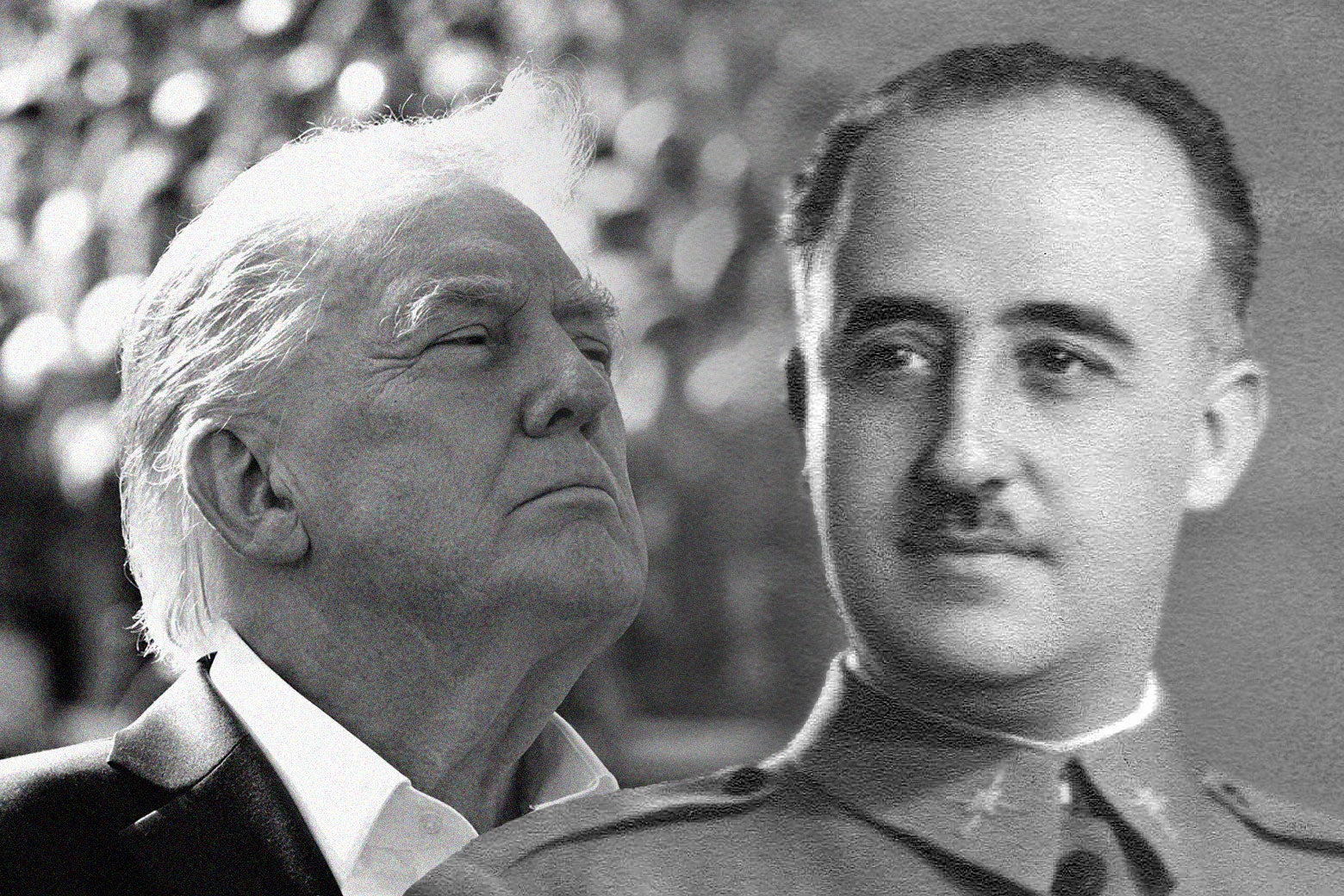fromenglish.elpais.com
6 days agoHuman Rights Watch director: AI, in the hands of autocratic governments, will accelerate their ability to control and surveil the population'
The so-called democratic backsliding isn't the future: it's the present. This is what Human Rights Watch (HRW) has laid bare in its annual report, released this month. The compilation of human rights violations confirms that we're witnessing the collapse of the global order that was meticulously crafted over decades, amid the apparent passivity of many of its defenders. The new executive director of HRW, 52-year-old Philippe Bolopion,
World politics









